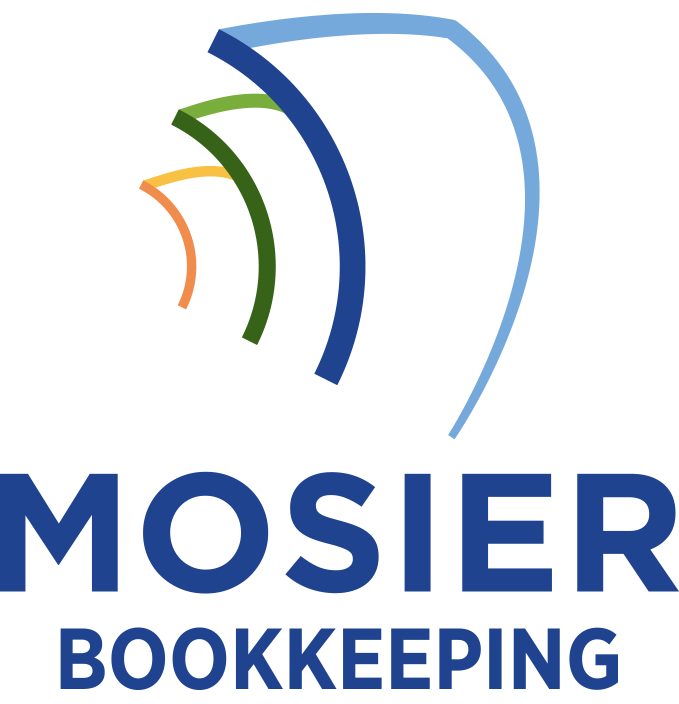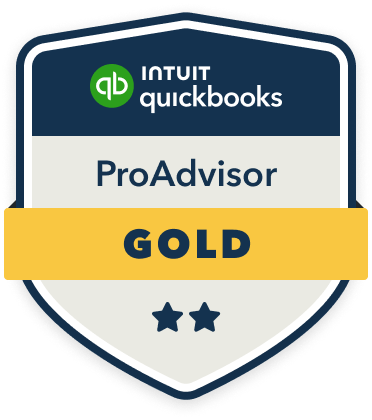Effective non-profit grant bookkeeping requires establishing separate accounts for each grant with unique coding systems to track restricted and unrestricted funds. I’ll emphasize that you must implement detailed expense tracking aligned with grant requirements, maintain robust documentation, and follow strict compliance protocols. You’ll need to set up a hierarchical chart of accounts, conduct regular reconciliations, and create thorough financial reports for stakeholders. Let’s explore the essential systems and best practices that will guarantee your grant accounting success.
Understanding Grant Fund Accounting Fundamentals

While non-profit bookkeeping shares some similarities with for-profit accounting, grant fund accounting requires specialized knowledge and strict adherence to unique principles. I’ll focus on three critical components you must master: fund segregation, restriction tracking, and allocation methods.
You’ll need to establish separate accounts for each grant, ensuring complete separation of restricted and unrestricted funds. I recommend implementing a robust coding system to track specific expenses against grant requirements. You must also master cost allocation techniques to properly distribute shared expenses across multiple funding sources. Understanding these fundamentals will position you to maintain grant compliance and strengthen your organization’s financial controls.
Setting Up a Chart of Accounts for Grant Management
Building on the fundamentals of fund segregation, a properly structured chart of accounts serves as the backbone of effective grant management. I’ll show you how to create a hierarchical system that tracks each grant’s revenues and expenses with precision.
Start by assigning unique account codes: 1000-1999 for assets, 2000-2999 for liabilities, 3000-3999 for net assets, 4000-4999 for revenues, and 5000-5999 for expenses. Then, add sub-accounts for each grant using consistent suffixes. For example, account 4100-01 could represent federal grant revenue, while 5100-01 tracks its corresponding expenses.
Best Practices for Tracking Grant Expenses
Since accurate grant expense tracking directly impacts compliance and reporting requirements, implementing robust tracking methods from day one is crucial. I recommend establishing separate cost centers for each grant and using specific expense codes that align with your grant budget categories. You’ll need to maintain detailed documentation for every transaction, including receipts, invoices, and allocation methodologies.
I insist on implementing real-time expense monitoring systems that flag overspending and track budget-to-actual variances. Set up automated alerts for key milestones and deadlines. For multi-year grants, create distinct fiscal period segments to verify clean reporting cutoffs and prevent commingling of funds.
Documenting Revenue and Reporting Requirements
Revenue documentation for non-profits must meet stringent compliance standards across multiple reporting frameworks. I’ll help you navigate the essential requirements for your organization.
You’ll need to establish separate tracking mechanisms for restricted and unrestricted funds, ensuring each revenue stream is properly categorized. I recommend implementing real-time documentation procedures for donations, grants, and program income.
To maintain compliance, you must prepare regular financial statements that align with GAAP standards and satisfy IRS Form 990 requirements. You’ll also need to create detailed reports for your board of directors and grant providers, including variance analyses and budget-to-actual comparisons.
Maintaining Compliance and Audit Readiness

Proper documentation practices lay the groundwork for successful compliance and audit preparation. I recommend implementing a robust internal control system that tracks every financial transaction and maintains clear separation of duties. You’ll need to establish a systematic filing system for grant documentation, receipts, and financial statements.
To guarantee audit readiness, I advise conducting monthly reconciliations and regular internal audits. You must maintain detailed records of restricted funds, overhead allocations, and program expenses. Keep your board meeting minutes, tax filings, and annual reports readily accessible. Remember to document your accounting policies and procedures in writing, as auditors will scrutinize these closely.
Tools and Software for Non-Profit Grant Bookkeeping
I’ll guide you through selecting the most effective accounting software and grant tracking solutions for your non-profit organization. Leading cloud-based platforms like QuickBooks Nonprofit, Aplos, and Fund E-Z offer specialized features for tracking restricted funds, managing multiple grants, and generating customized reports that meet donor requirements. These tools integrate with automated grant tracking systems such as GrantHub and Fluxx, which streamline your grant management process by monitoring deadlines, compliance requirements, and spending allocations.
Recommended Accounting Software
Selecting the right accounting software is crucial for non-profit organizations managing grant funds and maintaining compliance requirements. I recommend choosing software specifically designed for non-profits that offers robust grant tracking capabilities and detailed reporting features.
- QuickBooks Enterprise Nonprofit – Offers extensive fund accounting, budget tracking, and customizable reports for grant compliance
- Blackbaud Financial Edge NXT – Provides advanced grant management, allocation tracking, and automated reporting tools
- Sage Intacct – Delivers real-time financial visibility, multi-dimensional reporting, and automated grant billing
These solutions streamline your grant management processes while ensuring accurate financial records and compliance with funding requirements.
Automated Grant Tracking Solutions
Beyond standard accounting software, dedicated grant tracking solutions can dramatically enhance a non-profit’s ability to monitor and manage funding streams. I recommend implementing automated systems specifically designed for grant lifecycle management.
| Solution | Key Features | Cost Range |
|---|---|---|
| GrantHub | Deadline alerts, budget tracking | $99-199/month |
| Fluxx | Custom workflows, reporting | $500-2000/month |
| Foundant | Multi-user access, compliance tools | $300-800/month |
| AmpliFund | Federal grant management | $400-1500/month |
| WizeHive | Grant scoring, review portal | $200-900/month |
These platforms streamline reporting requirements, automate compliance tracking, and provide real-time visibility into grant expenditures, helping you maintain precise control over your funding sources.









